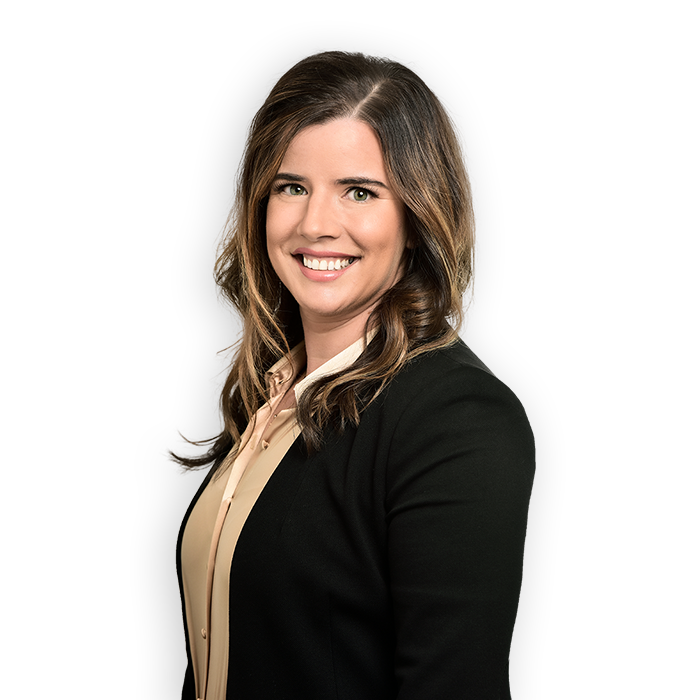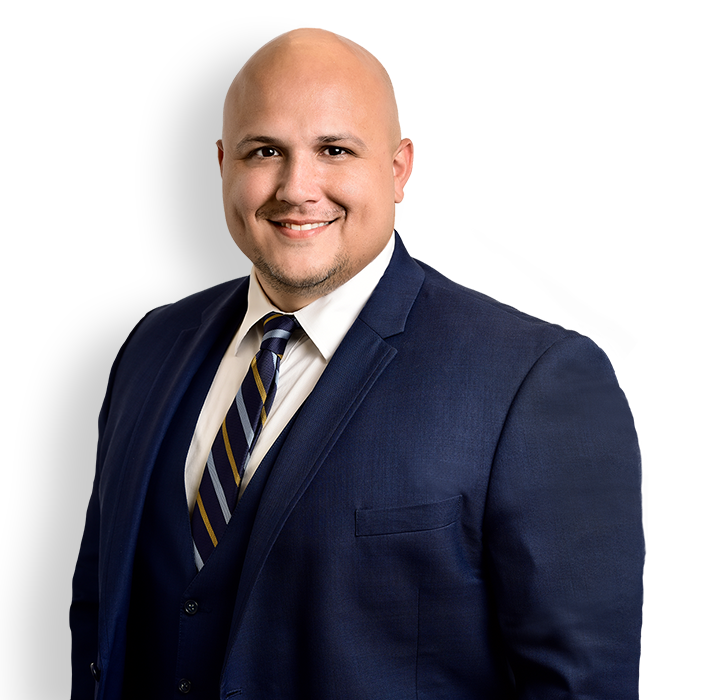Flexibilities for the California Medi-Cal Program and Medi-Cal Providers Provided by Executive Order N-55-20

On April 22, 2020, California Governor Gavin Newsom issued Executive Order N-55-20 (the “EO”) providing additional flexibilities to the California Department of Health Care Services (“DHCS”) and to Medi-Cal providers to ensure that the continuity of service to Medi-Cal beneficiaries is not impacted by the COVID-19 pandemic. In addition to providing specific flexibilities, the EO also granted DHCS the broad authority to take sub-regulatory action implementing and interpreting the EO outside of formal rulemaking procedures set forth in the Administrative Procedure Act, including all-plan letters, all-county letters, provider bulletins or other similar instructions.
Suspension of Medi-Cal Hearing & Administrative Appeals Timelines (EO, Section 2)
Section 2 of the EO suspends the time limitations and certain administrative appeal procedures related to Medi-Cal provider audit appeals. In the normal course, DHCS’ failure to conduct the hearing or adopt a final decision within these time limitations generally results in a reduction of any overpayment that is ultimately determined by DHCS to be due. However, with the EO authority, the mandatory time limitations in Welfare and Institutions Code § 14171(e) and (f), related to impartial hearings and issuance of a decision following the closure of the record of a hearing, are suspended.
DHCS may continue to conduct administrative hearings and issue final decisions related to the administration or services of Medi-Cal or DHCS, notwithstanding the suspended time limitations. Importantly, the EO encourages DHCS to continue to adhere to the timelines set forth in § 14171. Finally, to the extent that a matter is delayed, interest on an unrecovered overpayment shall not accrue during the delay.
Additional Flexibility Related to Provider Enrollment (EO, Section 6; DHCS Guidance)
Previously, on March 23, 2020, CMS approved certain temporary flexibilities for provider screening and enrollment. Pursuant to that approval, DHCS issued specific guidance on March 24, 2020, regarding these flexibilities for provider enrollment, which applies to both Medi-Cal FFS and managed care provider screening and enrollment.
Section 6 of the EO provides DHCS additional flexibility to issue COVID-19 related bulletins or guidance on provider enrollment without advance notice or a public hearing.
Flexibility for Driving Under the Influence (“DUI”) Educational Programs (EO, Section 10; BH IN 20-016)
Section 10 of the EO suspends various DUI educational program requirements. Pursuant to the EO, DHCS issued Behavioral Health Information Notice (“BH IN”) 20-016 which provides the following flexibilities for DUI programs:
- Blanket leaves-of absence for participants in DUI programs if that program’s operations are suspended;
- Suspension of DHCS on-site inspections for initial licenses or renewals of licenses and allows virtual inspections;
- Grant or other funding in lieu of raising participant fees; and
- Additional time to complete counselor certification requirements as required under 9 C.C.R. § 13035(f)(1).
Flexibility for Alcohol and Other Drug (“AOD”) Facilities (EO, Sections 6, 7, 12; BH IN 20-017)
Several sections of the EO (6, 7, and 12) provide flexibilities for AOD facilities. Pursuant to the EO’s authority under these sections, DHCS issued BH IN 20-017, which provides guidance for counties and providers regarding the temporary waiver of specific requirements for AOD programs and facilities. In particular, DHCS noted the following flexibilities granted by the EO for AOD programs[1] licensed by DHCS, effective April 23, 2020:
- Extensions for licensing application deadlines;
- Expedited review and approval of requests to increase treatment bed capacities for AOD residential treatment facilities (within approved facility fire clearance);
- Waiver of on-site inspection requirements so that DHCS may conduct virtual initial and biennial inspections; and,
- Additional time to complete counselor certification requirements as required under 9 C.C.R. § 13035(f)(1).
Flexibility for DHCS Certified Mental Health Treatment Programs[2] (EO, Section 8; BH IN 20-014)
Pursuant to Section 8 of the EO, DHCS issued BH IN 20-014 which provides waiver flexibilities related to Short-Term Residential Treatment Programs (STRTP), Community Residential Treatment Systems/Social Rehabilitation Programs (CRTS/SRP), Community Treatment Facilities (CTF), and Special Treatment Programs (STP). The guidance permits:
- Programmatic and operational flexibility related to staff scheduling and staffing ratios; and
- Administrative flexibility related to on-site reviews, including deferral of on-site reviews, and allowing virtual reviews.
Requests for flexibility must be submitted in writing to the e-mails below and include sufficient information to support the request. The requests will be considered on a case-by-case basis.
- STRTPs submit to: [email protected]
- CRTS/SRP, STP, and CTFs submit to: [email protected]
Flexibility for Mental Health Rehabilitation Centers (MHRCs) and Psychiatric Health Facilities (PHFs) (EO, Section 8, BH IN 20-015)
Section 8 of the EO also provides waiver flexibilities for PHFs and MHRCs. DHCS has issued BH IN 20-015[3] providing guidance on the following flexibilities:
- Licensed Professional Clinical Counselors (LPCC) (Bus. & Prof. Code § 4999.12) may be included in the professional classification of Licensed Mental Health Professionals (LMHP) (22 C.C.R. § 77012). Thus, a PHF may employ a LPCC as a LMHP to provide services, consistent with the LPCC’s scope of practice.
- Administrative flexibility related to on-site reviews, including deferral of on-site reviews, and allowing virtual reviews.
While not directly related to the EO, DHCS has also provided guidance in BH IN 20-015 on expedited review and approval of PHF and MHRC applications to grant emergency licensure at alternative sites (including, but not limited to, motels and hotels).
Additional Flexibilities and Authority
Finally, in addition to the specific programmatic flexibilities discussed above, the EO also authorized DHCS to provide flexibility in the following areas:
- Section 4 of the EO suspends the requirement that in-person signatures and printed names be collected when delivering certain Medi-Cal covered drugs. In particular, the EO suspends the requirement under Welfare and Institutions Code § 14043.341 for providers dispensing certain drugs and devices to a Medi-Cal beneficiary to maintain a record of the signature of the person receiving the drug or device. DHCS also provided additional guidance on April 24, 2020, noting that, effective immediately and until further notice, DHCS will allow any form of delivery service tracking or electronically documented proof of delivery.
- Section 9 of the EO allows DHCS to reimburse county behavioral health departments for administrative costs related to specialty mental health services up to 30 percent of the total actual cost of direct client services.
- Section 11 of the EO suspends 9 C.C.R § 852 (g., the requirement for certain providers to maintain written records of a patient’s consent to antipsychotic medication), to the extent it prevents a patient from receiving psychiatric medication without the patient’s physical signature.
- Section 18 of the EO broadly provides that, as necessary to implement any waiver or applicable federal requirement approved by CMS, any provision of state law is suspended “to the extent it imposes any requirement equivalent to the waived federal-law requirement.”
We expect DHCS to issue subsequent sub-regulatory guidance to implement the broad flexibilities set forth in the EO. We will continue to monitor the latest developments and provide up-to-date resources on the HLB Covid-19 Resource Center.
For further information, please contact Alicia Macklin, Paul Garcia, Pat Hooper or Lloyd Bookman in Los Angeles, Stan Stock in San Diego, or your regular Hooper, Lundy & Bookman contact.
[1] BH IN 20-017 also includes a discussion on additional flexibilities and waivers that previously applied to these facilities. For example, permitting behavioral health services via telephone and telehealth, without prior consent (per EO N-43-20). See also Behavioral Health Information Notice 20-009 and Behavioral Health FAQs.
[2] The California Department of Social Services (CDSS) has also issued licensing waivers and flexibilities for applicable provider types. See CDSS Provider Information Notice (PIN) 20-04-CCLD, PIN 20-04-CRP, and PIN 20-09-CCLD.
[3] DHCS has also provided guidance in BH IN 20-015 on expedited review and approval of PHF and MHRC applications to grant emergency licensure at alternative sites (including, but not limited to, motels and hotels).

